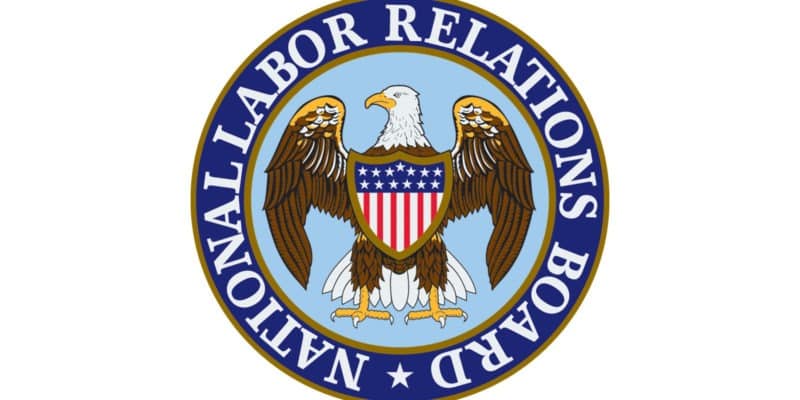Wage and Hour Division
September 21, 2023
The U.S. Department of Labor has recovered $947,547 from four Oregon contractors who failed to pay fringe benefits, prevailing and overtime wages to 213 employees working on federally funded construction projects in Oregon and Washington.
The recovery follows several investigations by the department’s Wage and Hour Division and the discovery of violations of the Davis-Bacon and Related Acts, the Contract Work Hours and Safety Standards Act and the Fair Labor Standards Act.
Specifically, federal investigators found the following:
G Builders LLC, a Damascus wood framing company, classified employees incorrectly and failed to pay them the appropriate prevailing wages and fringe benefits for the type of work they did while building affordable housing units at U.S. Department of Housing and Urban Development-funded projects in Gresham and Eugene, and in Vancouver, Washington.
Joshua Legacy Painting and Restoration LLC, a Hillsboro construction contractor, did not pay workers the correct prevailing wages, fringe benefits and overtime while building affordable housing for farmworkers at the federally funded Colonia Paz complex in Lebanon.
Emagineered Solutions Inc., a Redmond heavy construction contractor and equipment manufacturer, incorrectly classified workers for the type of work they did and failed to pay them proper prevailing wages and overtime while working on a U.S. Army Corps of Engineers-funded project at the John Day Lock and Dam in the Columbia River near Rufus.
Reyes Construction LLC, a Bend roofing services contractor, failed to pay employees corresponding prevailing wages and fringe benefits while working on a residential construction project in Ontario with funds from the U.S. Department of Housing and Urban Development.
In total, the division’s investigations helped 213 workers recover $846,440 in prevailing wages and fringe benefits, and $101,106 in overtime wages. The department also assessed G Builders $10,000 in penalties because the company violated similar federal labor laws in 2016 and 2021.









